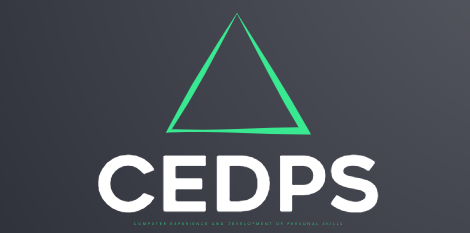What’s the Future of Education Online?
In the early days of the web, everything was pretty much free and accessible to all. To some extent this is still the case, at least in many sectors but things are starting to change rapidly. There are growing examples that instead of a huge repository of knowledge the internet is rapidly morphing into a huge virtual shopping mall. What’s worse it seems that many of these Malls have strict entrance restrictions – you can only come in if you’re from the US, or using a certain browser etc. There is a huge branch of ’restrictive technology’ being developed simply to block, censor and filter websites.
Education is one of those areas that is bucking this trend, at least for now. Online classrooms and virtual lessons are appearing over the internet, sponsored by educational establishments across the world. At the moment you can even sign on for free at a class run from Harvard, Princetown or Cambridge University in the UK. World class education, for free available to anyone without restriction – well for the moment anyway. It is believed that this model won’t stay in this altruistic mode for long, but at least we can enjoy it while it does.

It is difficult to see who is to blame, but certainly the free market and profit incentive looks at the core of this change. We are increasingly seeing profit maximising models being applied to some of the best sites on the web. One of the easiest to spot is the price discrimination techniques adopted by many of the webs biggest media sites. This is an economic technique designed to maximise profits and involves charging different prices to different markets. In the real world this is fairly easy as you can use geographical boundaries, a company will charge one price for it’s goods in India, then a higher price in Europe where there is more money available.
With the internet this is more difficult to operate as we are all connected to the ’same internet’ irrespective of our location. But the media companies have implemented special technology called geotargeting which does split the market. The website basically determines your location from your IP address, and then you are offered different products and prices dependent on this. For example the media streaming company Netflix operates globally but has a host of different services tailored to different countries. You can watch Netflix in Canada and have a completely different set of media than in the US. Incidentally you can bypass these blocks and to some extent control your own internet connection – see this website for details – or watch this video if you prefer.
It basically involves hiding your real location and supplying a false one as required. You don’t actually change your location but use an alternative one by routing your connection through a proxy like this. This enables you to maintain some anonymity and also bypass any geo-restrictions being applied to a site. So for example if you want to watch British TV stations online you’d choose a proxy server based in the UK.
Hopefully education will be the exception to this profit maximising model that seems to be determining the future of the net. It is difficult to see how the vast investment required to supply these resources can be raised without the profit motive though. Both the technology involved in producing proxies and trying to block them is largely linked to maximizing revenue. Even usually altruistic companies like the BBC have started blocking VPNs and proxies in order to promote their commercial alternatives such as BritBox.

Recent Comments